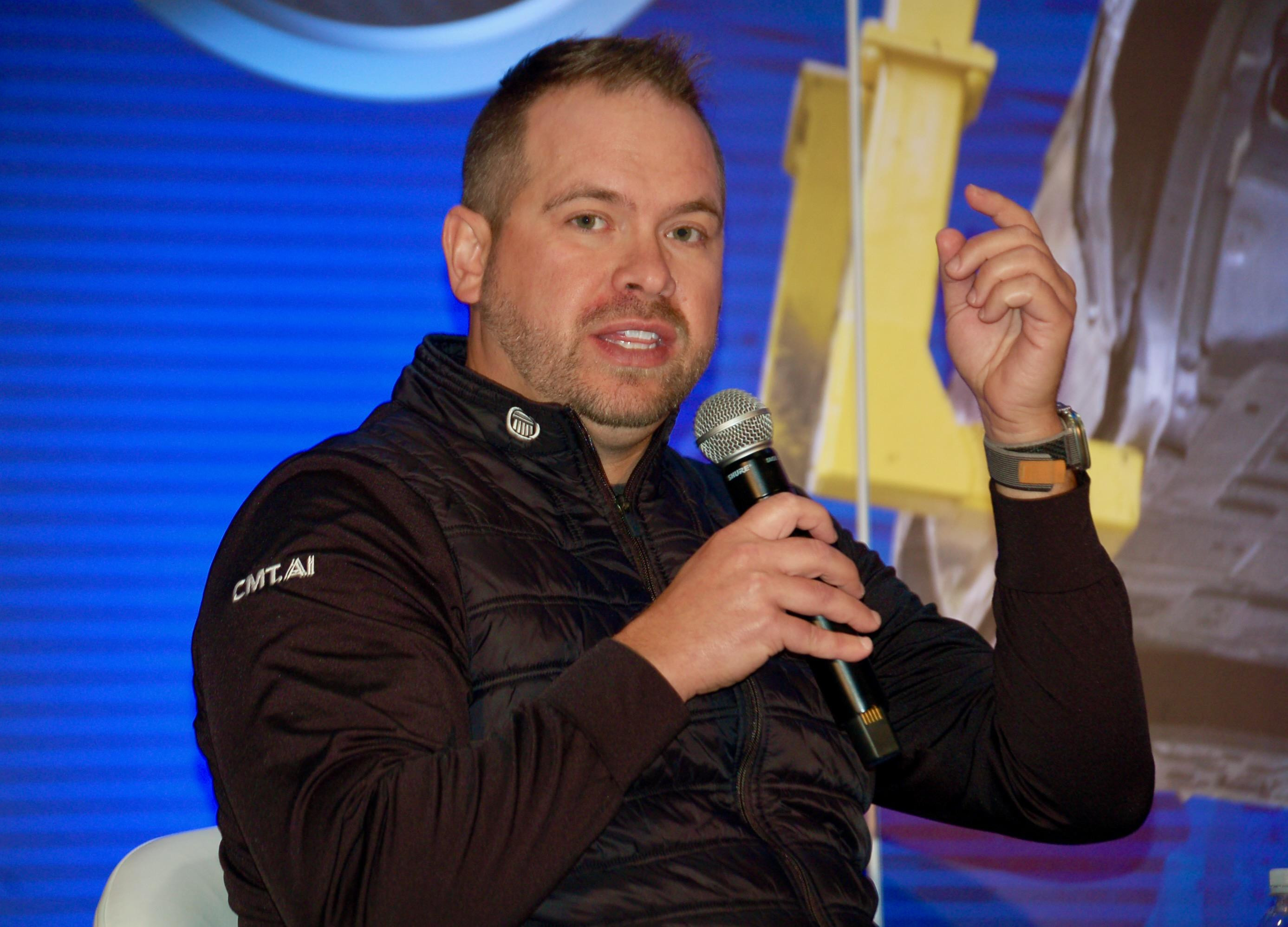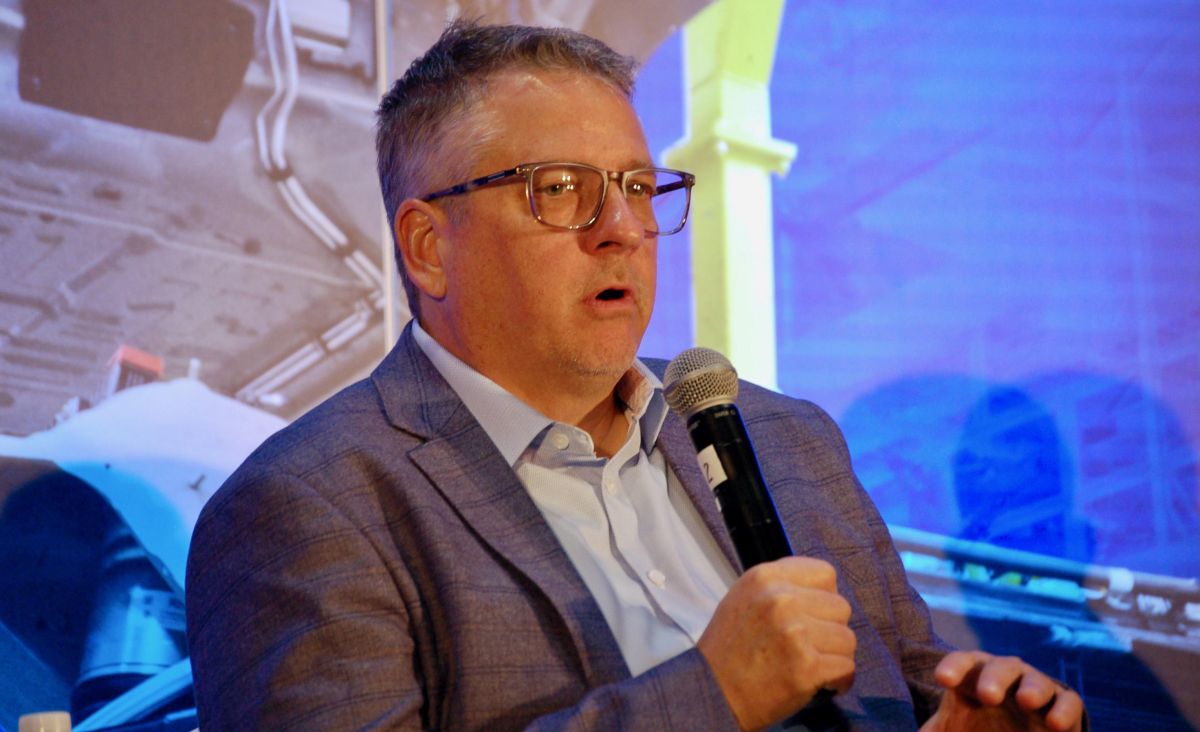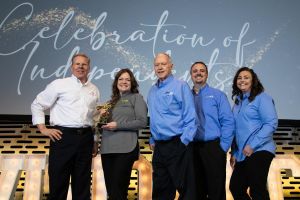When the number of automakers offering collision shop certification programs began to grow more than a decade ago, shops foresaw automakers playing a much larger role in a driver’s decision where to have their vehicle repaired after a crash. After all, automakers had access to vehicle telematics data that could detect a collision and enable the automaker to contact the driver ahead of that customer even contacting their insurance company.
That’s been happening on a limited basis with some automakers, but it took a big step forward in recent weeks. A new General Motors mobile app can now contact drivers after an accident to assist them at the scene and help guide them to a GM-certified collision repair facility.
Launched in October but announced just this month during the 2024 SEMA Show, the GM Collision Assistance app differs from OnStar, which will still contact subscribers through the vehicle immediately after a crash is detected. The new app sends a pop-up notification to the driver’s phone about 10 minutes later.
“We don’t want to interrupt what’s already going on with OnStar,” John Eck, who leads the GM Collison Assistance program, said during the second session of the Society of Collision Repair Specialists’ (SCRS) OEM Collision Repair Technology Summit in Las Vegas.
The app can then guide the customer through the process of documenting what occurred and obtaining the other driver’s information.
“And then we help guide [the driver] to the Certified Repair Network facilities that we have in our program to choose from,” Eck said, noting he’d met shop owners at SEMA who had already received customer referrals through the app. “We actually put a note in there saying, ‘Hey, it’s your choice of where you go to get your vehicle repaired.’ But we identify the certified network. And then we also provide the customer with the opportunity to download a report or all the information that they’ve collected at the scene to use as they see fit.”
Limited Use of GM Collision Assistance Data
While the GM Collision Assistance app, which is branded differently for each GM line of vehicles, receives vehicle telematics data that indicated an accident occurred, that’s as far as that data goes, Eck said, clearly cognizant of the lawsuits filed earlier this year related to GM’s collection and sale of vehicle telematics data.
“I want to make it very clear: General Motors is not doing anything internally with this data,” Eck said. “I only see aggregate numbers, the total number of events. But I don’t see any customer data. Nobody does. Nobody gets to use it for any purpose. It’s not sold, it’s not utilized for any other purpose. The customer would have to download the report themselves [through the app] as a PDF and then they could email it off to their insurance company.”
Eck said because GM will know how many customers are choosing a certified shop through the app, that information can help those shops see their return on investment from the GM certification program.
“Our purpose is to guide them to a repair professional that’s in our network for a safe and proper repair,” Eck said, “but also to be there in the moment that…if your car is totaled, how do we help you get into your next vehicle?”
He said earlier in November he received a photo of a wrecked vehicle from a GM executive, whose daughter had been driving when the accident occurred. No one was injured, but the executive wanted Eck to know he had been contacted at the time of his daughter’s accident -- the app notifies the vehicle owner -- and he wanted Eck to know “your product works.”
“He was grateful that we were there to help,” Eck said.
Accident Detection Could Be Used by Others
 Ryan McMahon.
Ryan McMahon.
But insurers are using vehicle telematics to track driver’s behavior if they’ve signed up for usage-based insurance, so it may be more than just automakers reaching drivers at the accident scene.
During the same session in which GM announced its new app, Ryan McMahon of Cambridge Mobile Telematics said his company’s vehicle telematics system -- running through an app on the driver’s cellphone, which much of the insurance industry already uses -- also can detect crashes and help start the claims and repair processes.
“Because data is available, we are moving into a world where you can be proactive versus reactive,” McMahon said. “For the insurance company, it means a significant savings. The insurers are going to continue to push in this direction because for them, time is money, whether that’s in storage costs or rental costs.”
In addition to reducing those direct costs, McMahon said, capturing vehicle telematics data to help with the claims process can also reduce indirect costs, by reducing the number of adjusters needed, for example.
But McMahon said it isn’t just insurance companies that can benefit from crash detection.
“This crash assistance process and environment is really opening up the doors to providing relationships with customers that otherwise wouldn’t be there, whether that’s from an insurance company, from an automaker, from another trusted brand,” McMahon said. “So why couldn’t this happen from SCRS? Why couldn’t this happen from a body shop themselves? It just has happened that the insurance industry got this started, but it doesn’t necessarily have to stay there, because this technology is really democratizing the information.”















John Yoswick